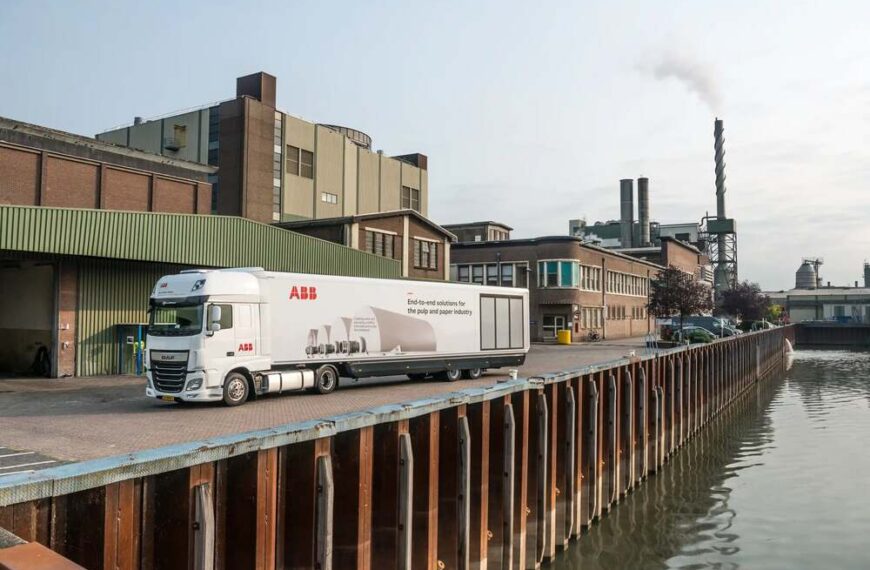When you find yourself in a financial pickle, you want the most optimal solution for getting out of the ‘red’ as quickly as possible. That is why many people take out cash advances on their credit cards. Since so many folks have credit cards, this has become a widespread practice for people in a bind. But is a credit card cash advance the best way to regain financial stability?
The truth is that a cash advance can be helpful for some, but only for some. You might like the idea of quick cash, but you might prefer to avoid the higher fees and interest rates you see tacked onto the list of terms.
Do you need a cash advance on your credit card? Before signing on the dotted line, let’s consider the things you should consider.
A Cash Advance Fee
Many credit card companies charge a fee when you take out a cash advance. There might be a transaction fee of 5 percent, which means you will only get $950 if you take out a $1,000 advance since the $50 cost gets deducted.
Yes, that’s right – the fee is usually charged upfront, but some will charge it when the balance is due. It all depends on the terms of your credit card issuer. Paying off the balance will help you avoid those high-interest fees on the cash advance, but this cash advance fee is still there.
Higher APR
Credit card cash advance APR is typically exponentially higher than regular purchase APR. Essentially, you spend more to use the cash you get. If you carry your balance for a while instead of paying it off immediately, the high APR will add up quickly. That gets compounded by the fact that you won’t get a grace period. Therefore, it is essential that you be prepared to repay on time, if not well before the due date.
We Could First apply Payment to a Low APR Balance.
You will have to pay off lower APR balances on your credit card for the issuer to apply your Payment to higher APR balances. Taking out a cash advance on a credit card with a low APR balance can take some time to pay off your high APR sum.
It would help if you were looking for a cash advance on a credit card with a minimum balance. Also, try to pay more than the minimum amount that’s due. Payment overages are required to be put toward the higher interest rate balance.
No Grace Period
Credit card companies typically do not give you a grace period for a cash advance. Interest will therefore begin to accrue as soon as you take the cash advance out. You have a grace period when you make purchases with a credit card and pay the balance in full when your statement is sent. You don’t get charged interest for the several weeks between the purchase and the balance payment.
That isn’t the case with a cash advance. As soon as you get money, interest starts to build up, and it continues to grow each day that the balance is not paid. There are no ways to avoid this, so spend as much and quickly as possible.
Credit Score Impact
Applying for a cash advance on a credit card will result in a soft inquiry on your credit report. It won’t negatively affect your credit – at least, not if you pay it off on time. The trick is to keep your monthly borrowing to 30% or less of your credit available.
If you take out thousands of dollars quickly, your credit score is downturn.
Many people will advise you to avoid financial advances at all costs. However, that might not be an option if you’ve tried to apply for other loans or borrow money from loved ones. If an emergency comes up and you need quick cash, a cash advance can come in handy. Just be prepared to pay it all back as soon as possible. Always get familiar with the loan terms, and look for cash advance options with no hidden fees. It can help you get yourself back on track financially.
Also Read: Building a Career in Machine Learning: Opportunities, Trends, and Best Practices














